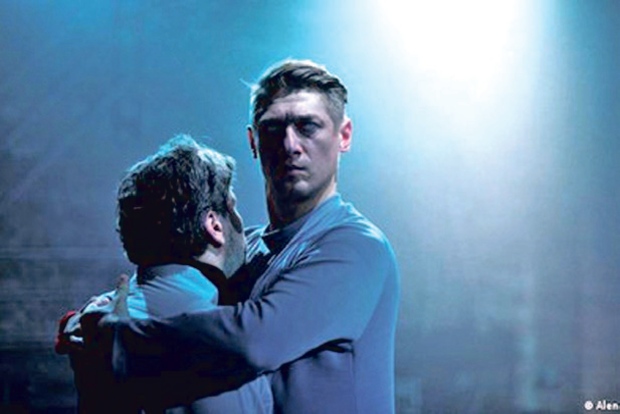Begin typing your search...
Stranger than Fiction: Ex Machina: Can robots be employed to write stories?
Strange things unfold when artificial intelligence attempts to write a story. Author Daniel Kehlmann recounts his co-authoring experiment with an algorithm, describing possibilities and pitfalls. In early 2020, German-Austrian novelist and playwright Daniel Kehlmann wrote the opening lines of a short story: “I was looking for an apartment. It wasn’t going well.”

Chennai
From the depths of global cloud computing, his co-author — a writing algorithm called CTRL — continued the tale: “Hey man, you’re not afraid of anything.” That, apparently, was CTRL’s vision of the storyline. Kehlmann tried to stay on track by responding: “That’s true, but about the apartment ...” His co-author stopped collaborating. Kehlmann described these experiences with machine prose in February in his first “Stuttgart Speech on the Future,” a new lecture series in which personalities from science, culture and politics reflect on the future.
His “My Algorithm and Me” speech has now also been published as a book. Therein, Kehlmann recounts his writing experiment with AI during a visit to the Silicon Valley in February where he met CTRL and its creator Bryan McCann. Kehlmann doesn’t consider the story-writing venture a failure as it produced several beautifully absurd fragments. But AI tends to hit a wall when it comes to plots or character development. Kehlmann considers it a disoriented “secondary user” of human-written text.
“You’ll notice that there is no one at home,” said Kehlmann in his pithy style of his experience interacting with such “an ‘unfeeling’ problem-solving entity.” In February, the Svanda Theater in Prague live streamed the virtual premiere of the play AI: When a robot writes a play. The brainchild of a group of linguists working with computer and theatre experts, 90% of the play was written by AI. Here too, some completely absurd plot twists were introduced, but then the algorithm spewed a cryptic statement from the depths of its “un-unconscious,” as Kehlmann calls it. “I am going to tell you the secret of acting. But I’m not sure I want to,” it said.
When creating CTRL, it was partly trained with text from the popular social media platform, Reddit. The platform has discussion forums on almost every topic, including some that can get offensive and which algorithms such as CTRL can “feed off” to reproduce hate speech. AI lacks an innate understanding of what humans find inappropriate.
Second, AI has no concept of linguistic subtlety. Despite all the data used to train it, AI cannot intuit humour or metaphor. This would require contextual knowledge, a catalogue of feelings and experiences built over time. So what can algorithms do? They can calculate very well and produce statistically normal texts. For example, the word “I” in a text is more likely to be followed by the word “believe,” as one finds with predictive text functions on their phone, for example. But an algorithm still struggles to place words such as “poison” or “lamp,” Kehlmann explained.
Kehlmann adds that AI lacks “narrative consistency.” Czech linguist Rudolf Rosa, who was part of the team behind the Prague play, calls it a “lack of aboutness.” In its current guise, AI also fails to address one essence of storytelling: the plot twist. This central narrative function requires more than merely stringing words and sentences together according to probability.
This article was provided by Deutsche Welle
Visit news.dtnext.in to explore our interactive epaper!
Download the DT Next app for more exciting features!
Click here for iOS
Click here for Android
Next Story



